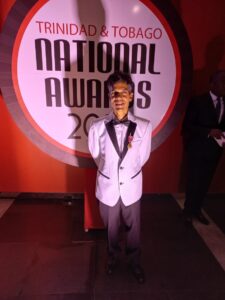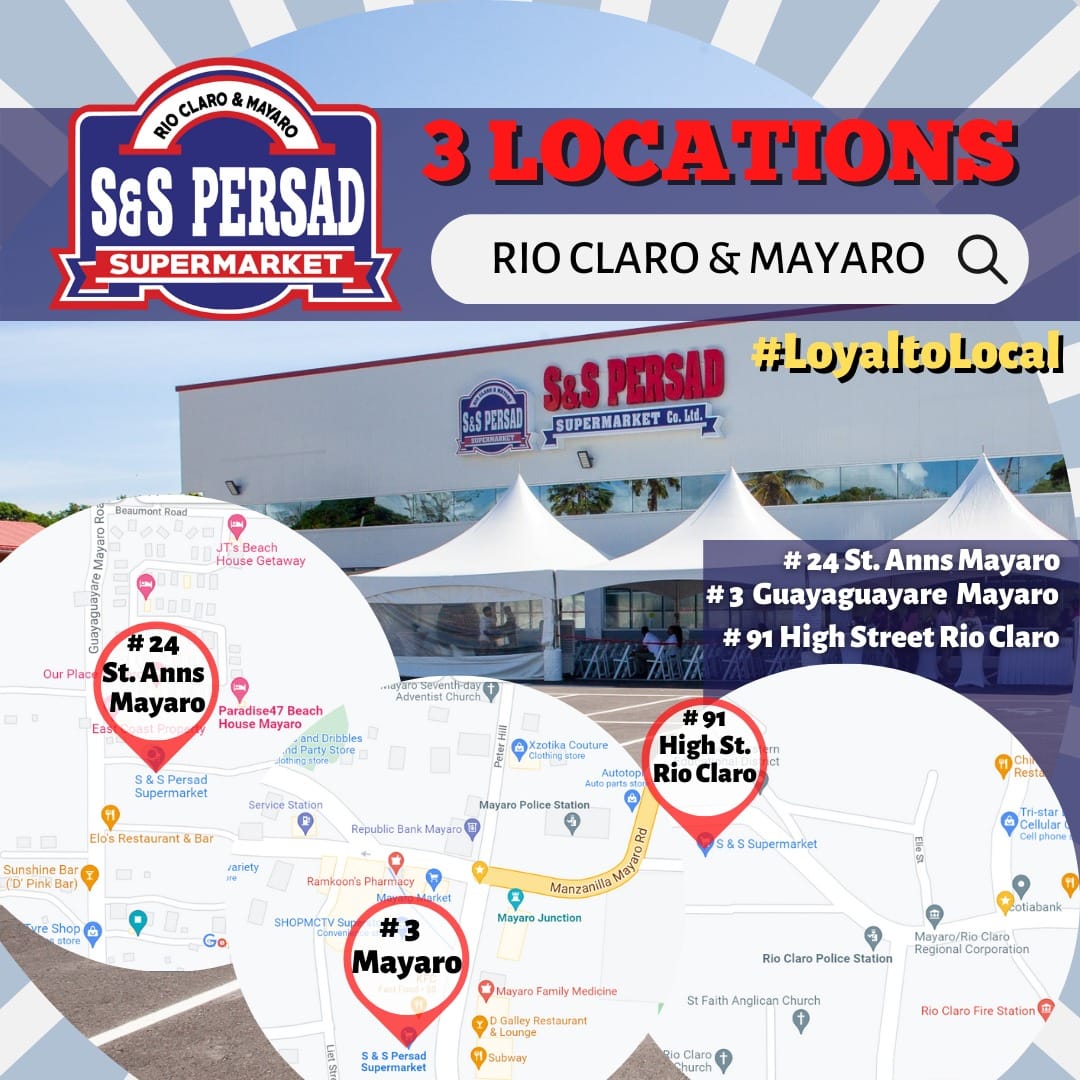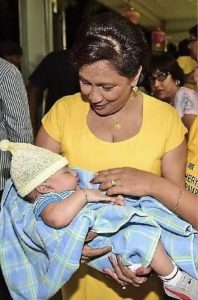
THE contribution of the Caribbean Labour Congress (CLC) to regional development was restricted by international political forces which at the end of the Second World War (in 1945) severely undermined labour unity in the Caribbean.
The Caribbean colonies were caught in the intense, diplomatic struggle between the two superpowers during the Cold War.
By the mid-1930s, trade unionism had become the most powerful movement in the world with well-established organisations in England, Germany, France, Italy, Russia and the USA. It was inevitable that leaders in Washington, the Kremlin and London would have been keen to foster alliances if not manipulate Caribbean labour.
Both nationalist and international labour movements were soon swallowed into the vortex of the Soviet-American diplomatic confrontation whose objective was the control of the World Federation of Trade Unions (WFTU). In the aftermath of the Paris Congress September 25, 1945), whence the WFTU was founded, it was reported by the United States Embassy in Moscow that the Soviet delegates in Paris, as well as the Soviet Press, stated categorically that there would be no separation between trade union activities and political goals.
During 1945-1949, the WFTU was the scene of an intense engagement in bipolar politics. The domination of the WFTU by Russia and her allies, meant that Washington and the American Federation of Labor (AFL) would depict the WFTU as a Soviet foreign policy instrument.
The State Department and the AFL responded with their own strategies to create a pro-American or international network of anti-Communist labour unions. The split in international labour was inevitable as in 1949, British, Dutch and American unions, along with other non-Communist organisations, withdrew from the WFTU and formed the rival International Confederation of Trade Unions (ICFTU).

These international developments influenced and infiltrated labour in the Caribbean, both in local trade unions and in the regional CLC, as divisions were deepening in the CLC along lines shaped by the Cold War. The polarisation in the WFTU was mirrored in the ideological differences among the officers of the Congress. Richard Hart of Jamaica, (a Socialist and anti-imperialist), and secretary of the Congress, supported fully responsible government for Trinidad and Tobago and the West Indian colonies in accordance with the objectives of the Bridgetown and Kingston conferences of the CLC in 1945 and 1947 respectively. On the other hand, Albert Gomes (a former Vice-President of the CLC), opposed full responsible government for the colonies and thereby deviated from the most significant recommendation of the CLC. Grantley Adams, President of the CLC, maintained a pro-colonial stance much to the delight of the Colonial Office who needed the Caribbean delegates to defend British colonial policy in the decolonisation debate in Paris in October 1948.

Polarisation in labour was reflected not only at the Executive level of the CLC, but also in the local trade union movement in the colonies. In Trinidad, the OWTU and its leadership (John Rojas and Ralph Mentor) were accused of belonging to the Communist camp and in Jamaica, Alexander Bustamante and his Jamaica Labour Party were considered anti-Communist, although neither was affiliated with the WFTU nor the CLC. Much to the dismay of the Colonial Office and the British Trades Union Congress (TUC), not all the Caribbean unions were willing to join the ICFTU.
The powerful OWTU and FWTU in Trinidad preferred affiliation with the Communist-dominated WFTU. They justified their position on the grounds that for decades the British TUC was apathetic in promoting affiliation between the TUC and colonial trade unions. Also, in the 1930s, the TUC failed to effectively identify with Caribbean working class organisations against the powerful Government-capitalist coalition in the struggle for official recognition and improved standards of labour. Therefore, the offer of financial assistance as promised by Labour Commissioner, Solomon Hochoy, was an inadequate incentive to persuade the local unions to withdraw from the WFTU.

In any case, Britain and the United States, in pursuit of their Cold War policy recognised the strategic importance of Caribbean trade unions in their offensive against international Communism. Indeed, United States geopolitics insisted that there be no satellite of Russian politics in the Caribbean. It is evident that exigencies of international politics and the parochialism in local politics created forces in the Caribbean which contributed to the decline and ultimate collapse of Caribbean federalism both at the constitutional and labour levels.
Dr Jereome Teelucksingh is a recipient of the Humming Bird (Gold) Medal for Education and Volunteerism. He is attached to the Department of History at the University of the West Indies at St Augustine. He has published books, chapters and journal articles on the Caribbean diaspora, masculinity, culture, politics, ethnicity and religion. Also, he has produced a documentary – Brown Lives Matter and presented papers at academic conferences.
See other articles by Dr Jerome Teelucksingh:
Religious Plurality: Curse or Blessing
Caribbean Youth Need Optimism, Patriotism
Rethinking Identities in Caribbean, Latin America
November 19: All Inclusive International Men’s Day
Should International Agencies be Blamed for Unemployment
A Need to Observe Word Unemployment Day
An Ideology for the Trade Union Movement
The Man who Couldn’t be Prime Minister
Social Outburst vs Social Revolution
Challenges of the Men’s Movement
If George Floyd was Denied Parole
The Meaning of Indian Arrival Day in T&T
International Men’s Day – A Way of Life
Wounds that cause school violence
May Day: A Time for Solidarity, Strength
Who Coined the Term ‘Black Power’
![]()











